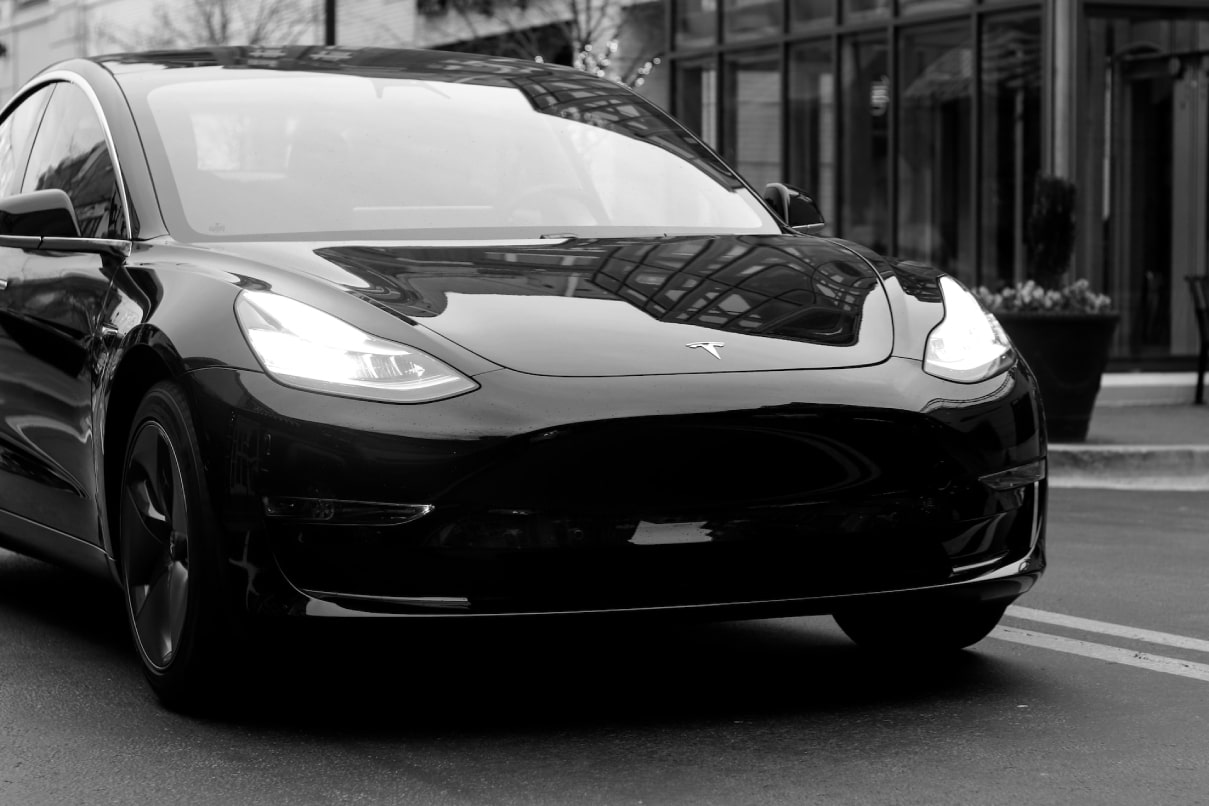Tesla and its main competitors in China have reached an agreement to abandon the practice of “abnormal” pricing on the world’s largest EV market. Sixteen auto manufacturers, including BYD, Nio, Xpeng, and Geely, are set to sign an accord aimed at ending a price war that has affected China’s auto industry this year.
This agreement comes in response to Chinese consumers’ hesitation in purchasing EVs, partly due to the expectation of consecutive price reductions from manufacturers. For instance, earlier this year, certain Tesla models produced in Shanghai were sold at a price 14% lower than in 2022.
The Impact of Price Wars
The intense price competition among EV manufacturers in China has resulted in a range of negative consequences for the industry. While the price cuts initially attracted consumers, it created a sense of uncertainty and delayed purchasing decisions. This situation was exacerbated by the expectation of continuous price reductions, discouraging potential buyers from committing to EV purchases. Moreover, the price wars had a detrimental effect on profit margins, limiting the financial stability and growth potential of the manufacturers involved.
The agreement to end price wars in China’s EV market carries significant implications for the industry as a whole. It reflects a growing recognition among manufacturers of the need for sustainable practices and long-term growth. By shifting the focus from short-term gains to ensuring stable pricing and profitability, the industry can invest in research and development, infrastructure expansion, and customer support services. This shift will help establish a solid foundation for the continued development and adoption of EVs in China, contributing to the global transition towards sustainable transportation.

